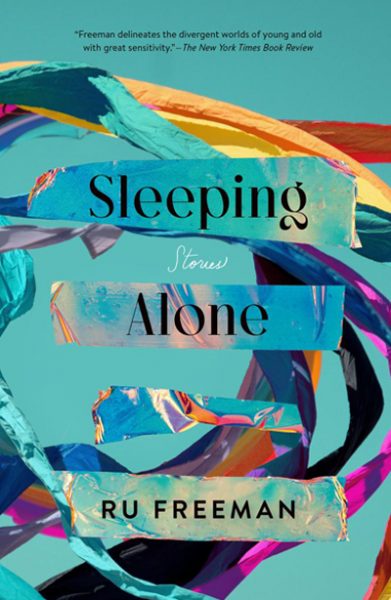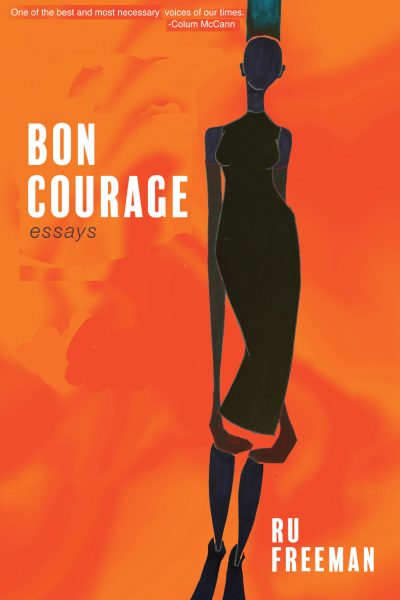Katherine Vaz on Primeira Pessoa
Our own Katherine Vaz is the first American to be interviewed by Fátima Campos Ferreira for the Portuguese primetime interview program Primeira Pessoa (First Person). You can watch it (in Portuguese) here: https://www.rtp.pt/play/p14571/e893735/primeira-pessoa


